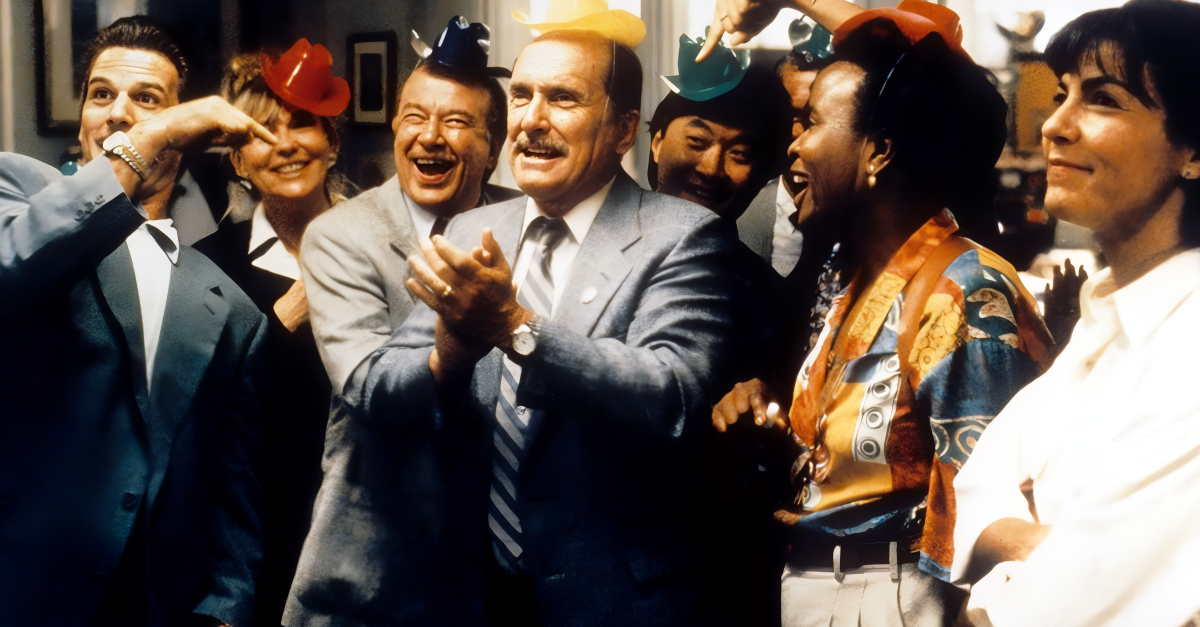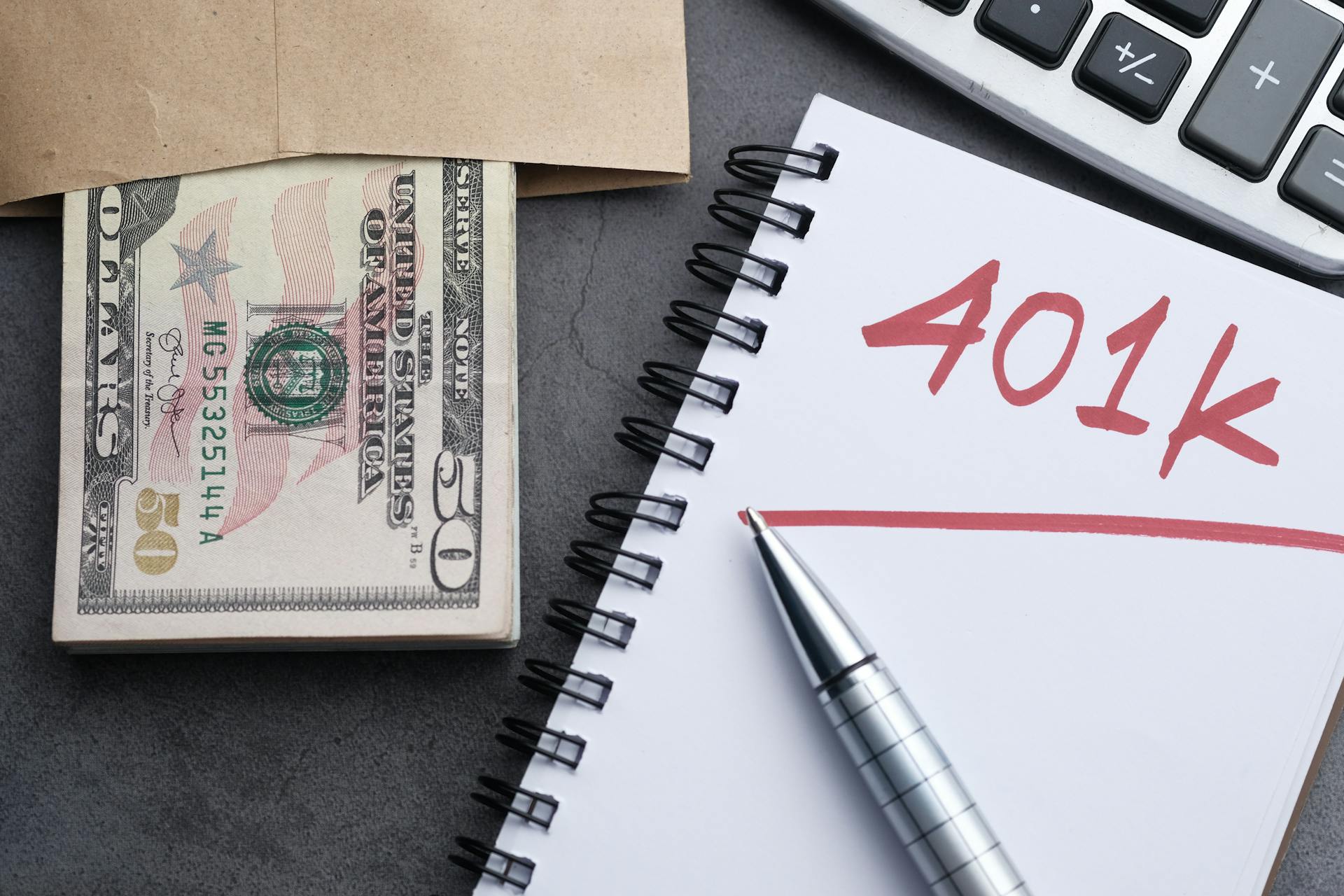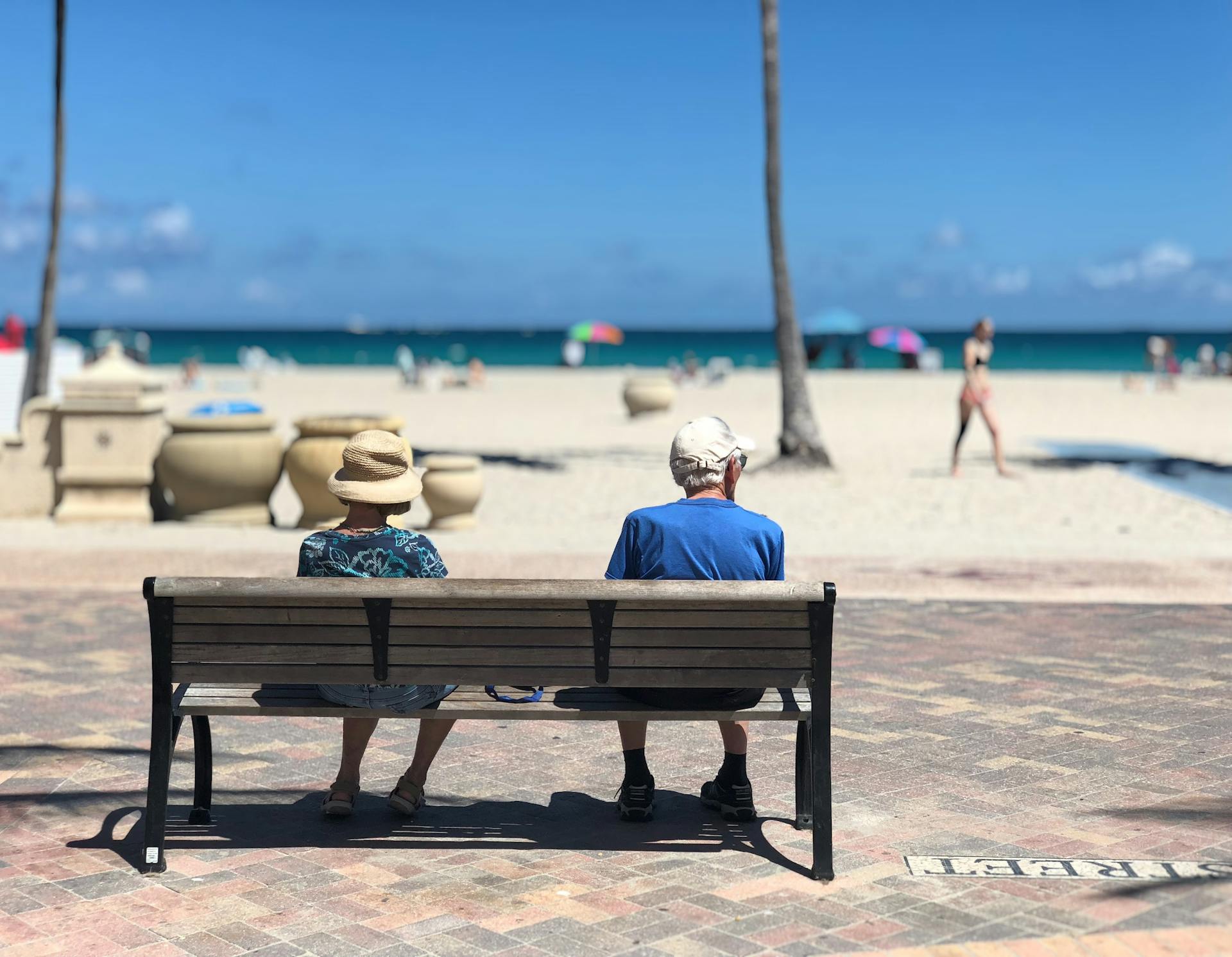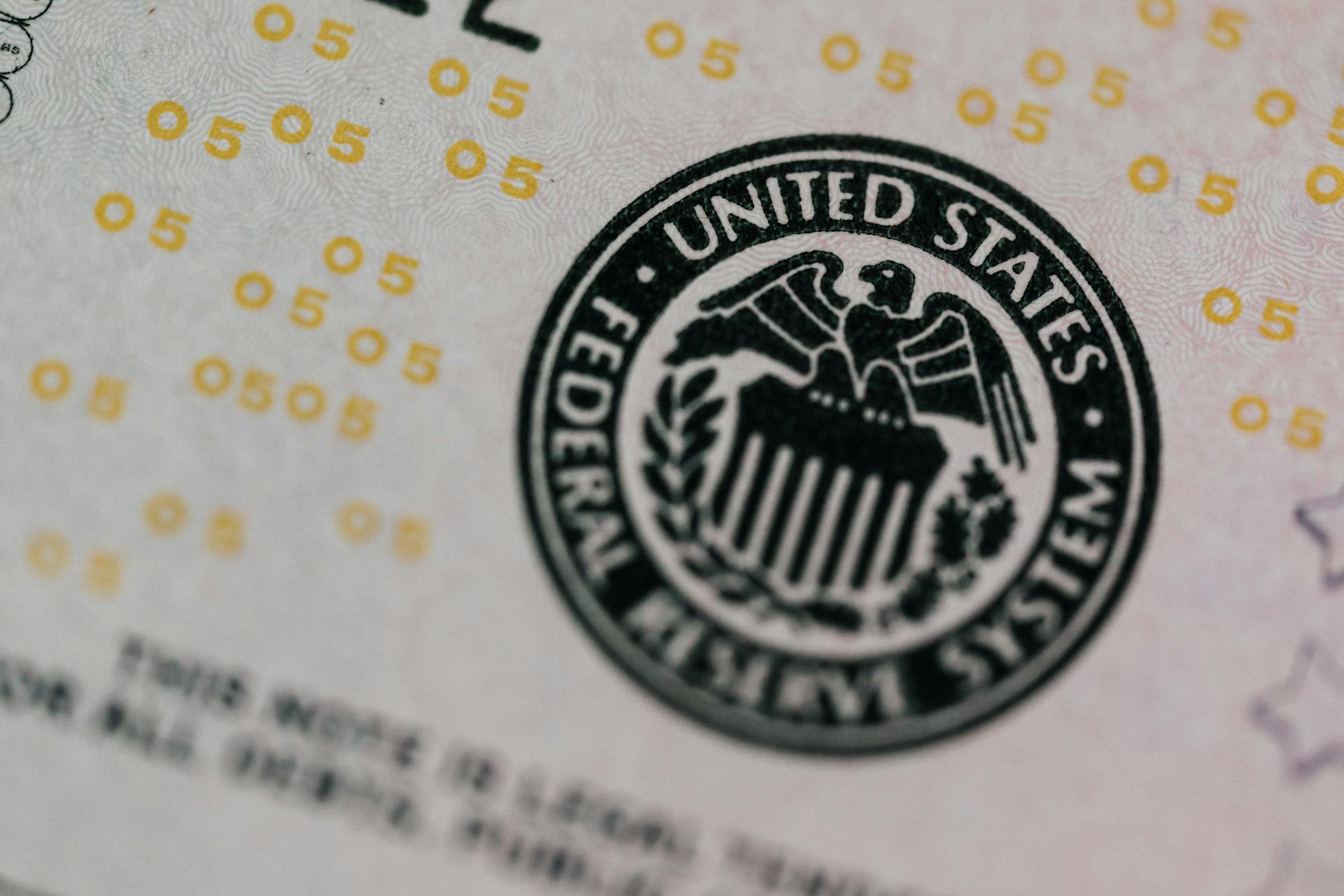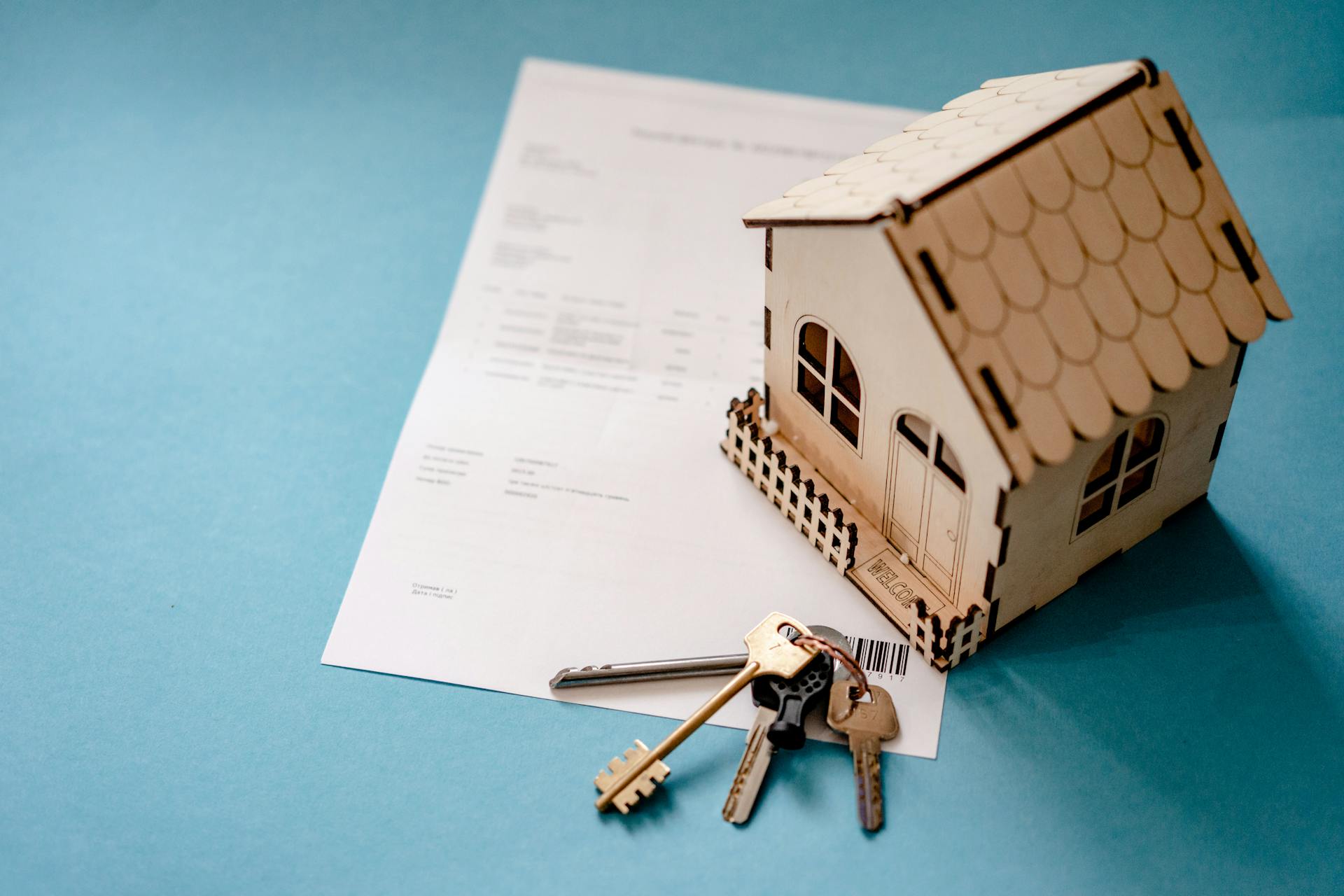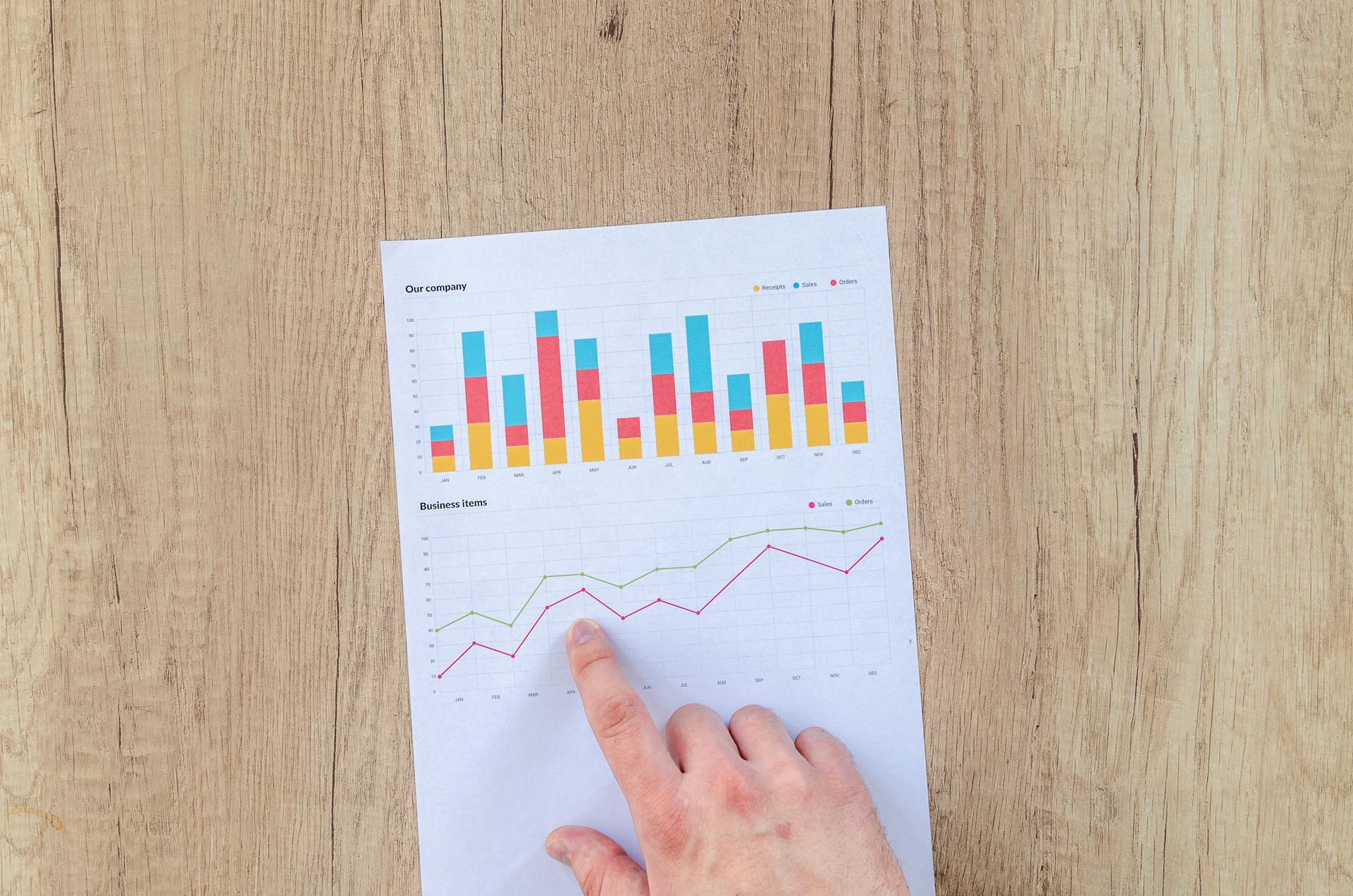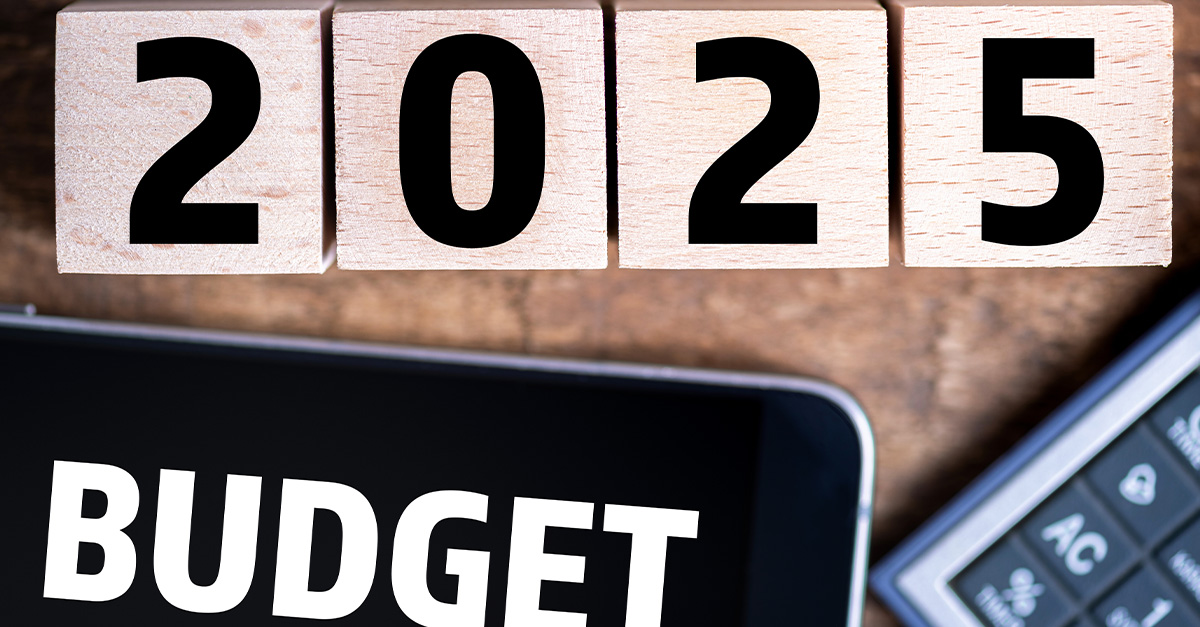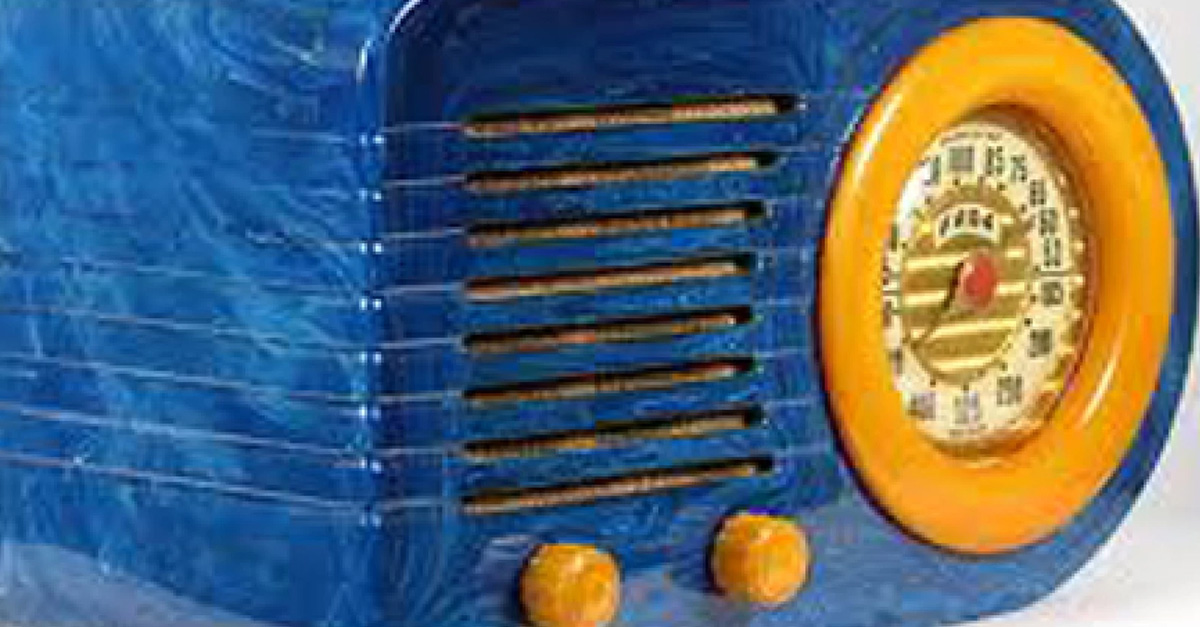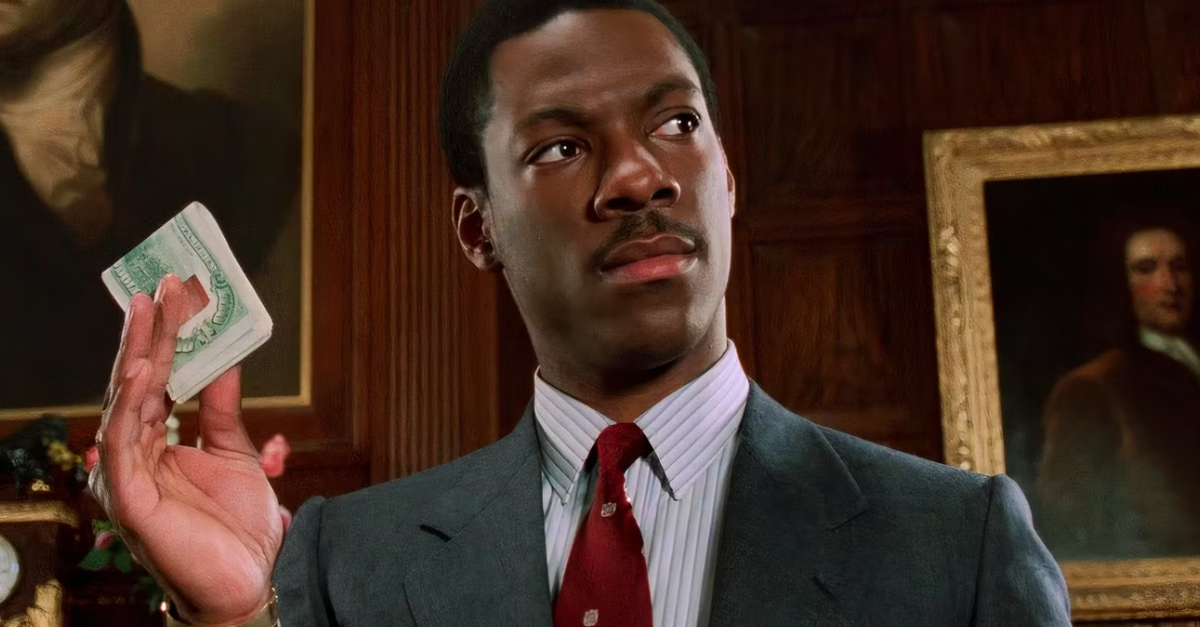Sooner Than Later
Looking to get off that 9-5 train and take a ride on the retirement express as soon as possible? Here are some tips, tricks, and hacks that can help you do that sooner rather than later...

How Much Do You Need?
The best place to start is by figuring out how much money you're going to need when you retire. Calculating how much you will need/want to live on per month/per year will allow you to determine how much you need to have at your disposal when you put in those oh so lovely retirement papers.
How Much Do You Need?
What are your fixed/must pay/can't get out of them living expenses? What do you want to do when you retire and how much will it cost? How much does work cost you now (lunches, gas/travel, work clothes) and how much of those expenses will go away when you stop working? This is a really good financial exercise—and there are lots of things to consider.
Take Advantage Of A Workplace Retirement Fund
Does your workplace offer a retirement plan in which they will match (up to a certain amount) the dollars you put in each year? So, you know what you want to do? Put in at least that amount each year. That's free money folks.
Employee Benefits
Again, this will be specific to your job and workplace—but if your employer offers benefits like stocks or other matching benefits, they are probably worth taking advantage of.
What's Important?
In the same vein as figuring out how much money you'll need when you retire, it is also a good idea to determine what's important to you now and later on. It can be hard to wrap your mind around something years away, but you probably don't want to do things now that will negatively impact that future. With that being said...
Understand Your Current Spending
You might know how much you spend on gas and groceries every month—but what about restaurants and streaming services? Most of us have at least one or two blind spots when it comes to our discretionary spending habits and truly looking into them can be a very eye opening experience. And a very enriching one as well...
Understand Your Current Spending
Figuring out where you can save money now not only means more money for later on, but it could also mean a little extra cash for more important things now. And if it equates to lower credit card bills, that's a huge win.
Pay Off Credit Cards
This isn't just about retirement but it does relate back to it in the long run. Credit cards are awesome—but only if you pay them off fully every month. Otherwise they are just pieces of plastic that take upwards of 20% interest from us every month. That means more money going to the credit card company and less available for living, investing, retiring, etc. Only putting on your credit card what you can actually pay off fully is a great lesson to learn at any age.
Money Equals Time
For some people, it helps to think about current spending and retirement in a literal money equals time equation. Let us say, for example, that you decided you can be happy in retirement on $4,000 per month. Then, you determine that buying your lunch every day at work is costing you $100 each week. Well, if you then calculated that bringing your lunch just one day a week would save you $1,000 per year—that's one week of retirement. You can see how little things like that can add up quick.
Housing Costs
Housing costs are, for most of us, the biggest expenditure in our budget. You may be aware of the formula that says you shouldn't spend more than 30% of your income on housing costs. Well, for those who want to retire early, it is often advised to keep that percentage no higher than 15-20%.
Housing Costs
So, how do you reduce those housing costs? Well, how about downsizing? Maybe you live in a four-bedroom house but you would be very happy in a two-bedroom. Maybe moving from a house to an apartment is a perfect option for you (let someone else deal with, and pay for, repairs and such). Now, maybe those options don't work for you right now because you still have kids at home, or some other reason. Well....
Housing Costs
How about when you retire? Will the kids be out of the house when you plan to start your early retirement? You can plan on moving then if it suits you—and you can take the money from the sale of your house and the reduced housing costs of your next place all into account when planning your retirement budget and needs.
Where Are You Going To Retire?
Do you live in an expensive city? Well, how much could you save by moving to another city in the state? In the country? In another country? If you're willing and able to move, there are places where your dollar will go a whole lot farther.
Stay Away From Your Retirement Accounts
We understand the temptation of wanting to pull from your retirement account in order to pay for something you want right now. But if at all possible... Don't! First off, it's simple math that the longer your money is sitting in those accounts, the longer it has time for those investments to grow. And then...
Stay Away From Your Retirement Accounts
There are those pesky penalties. There are often some pretty decent penalties that you will have to pay for withdrawing early from retirement accounts. So now, not only is your money not growing as much—but you're paying the government just to take it out. That's a lose-lose situation you want to avoid if at all possible.
No Debt
One of your biggest goals for retirement should be to do so debt free. You don't want debt to be part of your calculation expenses upon retirement—so, pay it off before then.
Shift Debt To Savings
So you focused, got serious, and paid off one of those debts that had been weighing on you. Now you can start spending more again, right? Wrong! You were able to live without the money you were putting towards the debt before, so why not continue to do so now? But now, instead of throwing it at debt repayment, toss it into your retirement savings.
Invest Early
You know that Faces song, "Ooh La La", that goes, "I wish that I knew what I know now/When I was younger"? Well, it's true. When people start investing into their retirement later in life and see the compounding returns—the first thing they think to themselves is, "Imagine if I'd started doing this when I was younger".
Catch-Up Retirement Savings
In the United States, the IRS offers people over 50 the option of making catch-up contributions—which can help build up your retirement savings faster, in order to make up for lost time for those of us who didn't start early in our lives, when we should have.
Risk Vs Time
Investments and mutual funds are a great place to put your money and watch it grow. However, nothing is guaranteed and as any financial advisor will tell you, there is always some risk in the market. What you need to do is determine how much risk you want to take on—and part of that equation must consider the amount of time you will be investing as well.
Risk Vs Time
If you play the market a little riskier, you can see higher rewards, but the chance of higher losses is also ever present. However, if you start investing early and give yourself years (preferably decades) to let your money sit and grow, then you, and your money, can weather those ups and downs with less stress.
Passive Income
Remember we talked about figuring out how much money you'll need to retire? Well, that number can be kind of intimidating for many of us. But one way to make it less so is to set up some passive income streams that can provide you with some cash flow even once you stop working. From rental properties to an Etsy shop or even a reverse mortgage, there are a number of options that might work for you.
A Retirement Job
Just because you retire, doesn't mean you have to stop working. Maybe you can get a part-time job doing something you love, or find some extra work online that allows you to do it from anywhere you have a laptop and an internet connection. Working a few hours or a few days and bringing on some extra cash while still focused on your non-work life could be the perfect situation.
A Second Job
If you have the time and really want to build up that retirement nest egg faster, you could get a second job right now. Or a third part-time one if you already have two. Or put in more hours at your current job if you're allowed to work overtime. Basically, work extra hard now so you can not work at all for longer later.
Healthy Habits
Of course much of early retirement planning has to do with finances—but you also need to think about your health and well-being and creating healthy habits now that will last into, and through, your retirement. You want to be in your best physical and mental shape to take full advantage of your retirement—and healthy habits now mean less health issues in the future, which means less health costs (hospitals, medication, etc). Especially when you retire early, before the age where you qualify for Medicare (depending on where you live).
Don't Try To Do It On Your Own
Speak with a financial advisor. While there are lots of steps you can take on your own, the help and knowledge of a good financial advisor could be a big key to making your early retirement dreams come true. Make sure you like and trust them, and don't hesitate to meet with a few before deciding on one.

